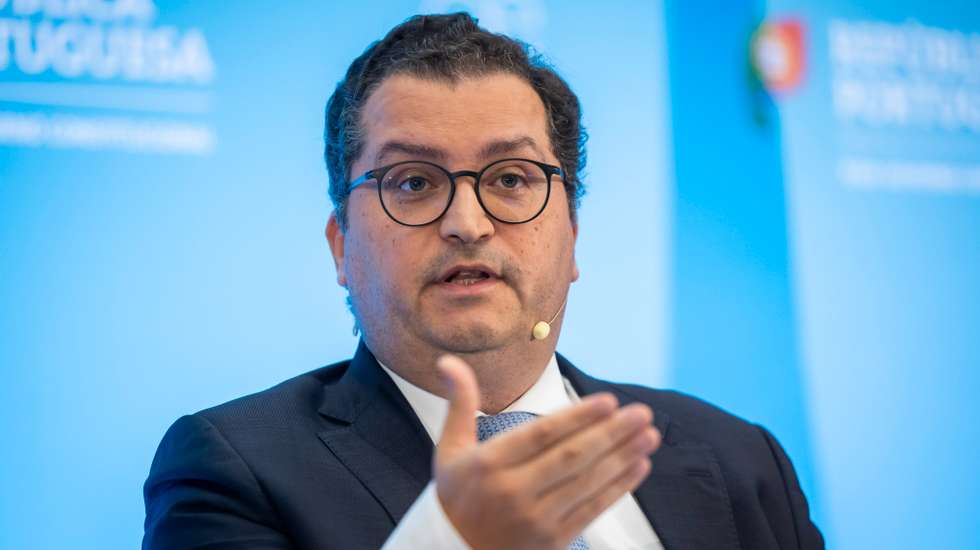Following the news that the deceptions – once described as a “budgetary farce” by the current Minister of Finance – could break records next year, Joaquim Miranda Sarmento decided to write an opinion article in the newspaper Público to explain “three myths due to ignorance of budgetary norms.”
In the explanations on the topic in question, he began by clarifying that “there are two types of captives: those that can only be deactivated with authorization from the Ministry of Finance and those that depend on the authorization of the member of the Government responsible for the respective sectoral area.” And he guaranteed that “in OE2025 there was no increase in the allocation percentage that affects both,” guaranteeing that the numbers presented in the document are justified: “Naturally, the percentages are the same as last year, and with Yes the “Total value of spending is greater than in 2024, the value in millions of euros is greater.”
Furthermore, the Government decided not to include in the Budgets as “a list of entities and expenditure items excluded from the collection, whose deactivation authorization corresponds to the sectoral ministers”, who starting next year will make the decision “by simple order.” . “This, naturally, makes the total value of the captives appear larger (since it includes the values of entities that were previously exempt), but allows much more flexibility in the budget management of each ministry,” explained the Minister of Finance. .
In this sense, Miranda Sarmento concludes that the budget exercise for 2025 has “several new developments that arise, above all, from the new rules imposed by the European Commission”, which is why, he warned, “special care must be taken in the analysis of OE2025 and POENMP 2025 -28, particularly when making comparisons with OE2024.” “One can easily fall into the error of comparing the incomparable,” highlighted the head of the Government in the same opinion article, asking that there be no doubts “about the commitment of this Government to budgetary rigor, the balance of public accounts and the sustained reduction of public debt”. .
Regarding the Medium Term Budget Plan (POENMP) sent to Brussels, Miranda Sarmento explained that, “although the Portuguese program details in detail the reforms and measures underway and that will be implemented in the coming years, the European Commission does not consider these reforms in its growth calculation for the coming years”, justifying that if the Government applies its structural reform program, “the Portuguese economy has growth prospects higher than the values recorded in the POENMP, reaching more robust and sustainable levels”.
Miranda Sarmento also sought to dispel the myth about “the variation in Net Primary Expenditure and that there will be a total stop in spending in 2027.” “This is false, because we must consider that, in 2025 and 2026, there are expenses financed with PRR loans (which, unlike subsidies, have a budgetary impact), which no longer happens in 2027. In 2025, we are talking about 1,500 million euros and, in 2026, almost three billion (around 1% of GDP),” explained the minister, adding that if the effect of the PRR loans is excluded, the evolution of Net Primary Expenditure will now be “in line with a reference trajectory of the European Commission, and with a relatively constant variation.”
Source: Observadora
